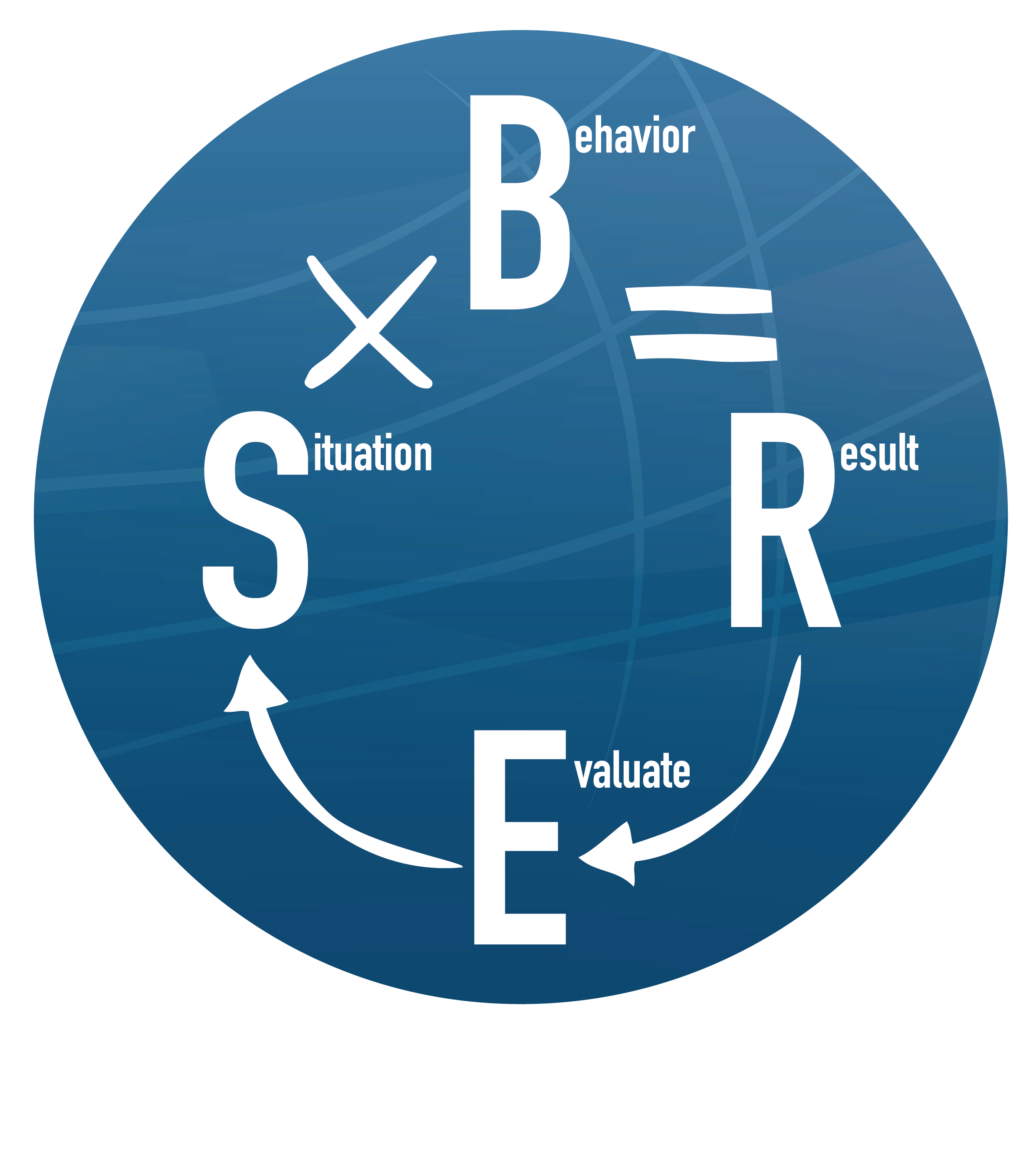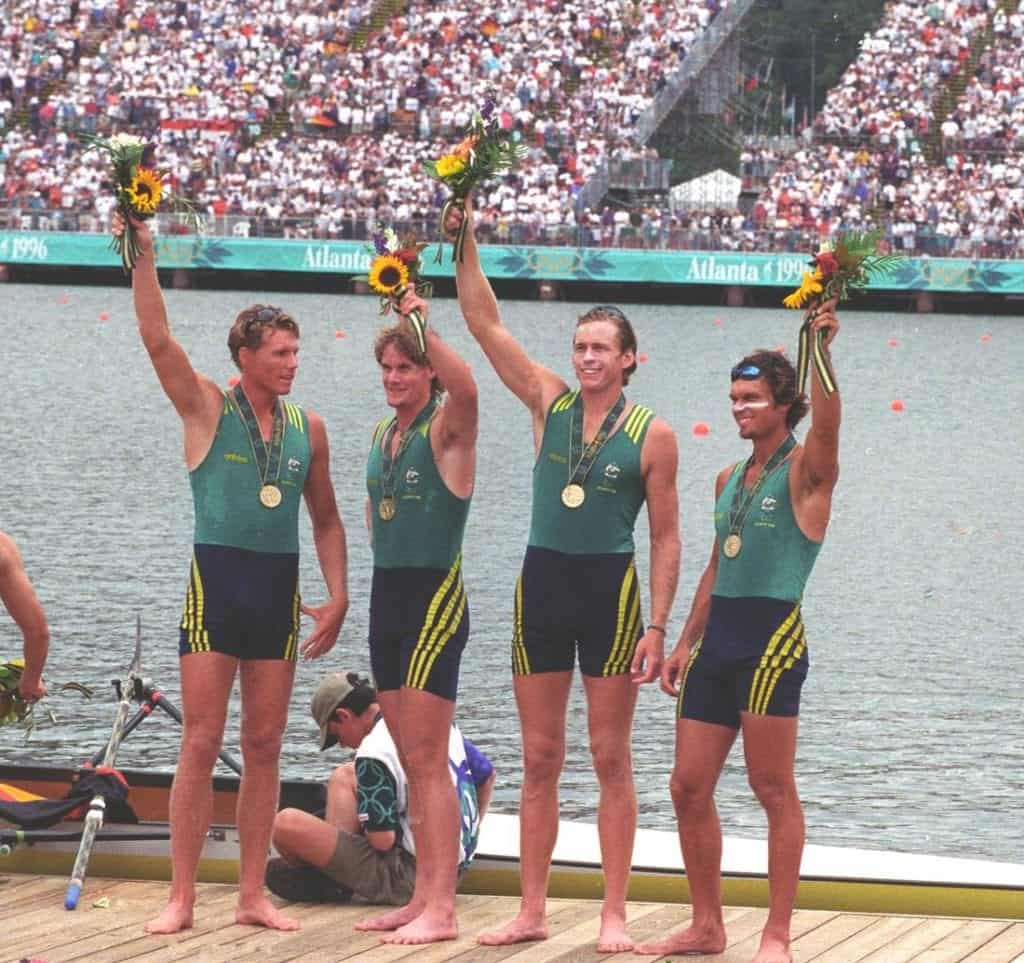By Bo Hanson, 4x Olympian, 3x Olympic Medalist and Director of Athlete Assessments
A critical model that we at Athlete Assessments have developed and utilized as the foundation for all of our work with our coaches, teams and individual athletes is the model we call the SBR Model. In this article we will discuss the basis for the SBR Model and how it can be applied to any interaction.
Our lives are made up of many interactions with a range of different people and situations. Our ultimate job is to understand how to behave in these multi-variable situations so we can produce what we hope to be effective results.
The SBR model is utilized to understand how we need to adapt to varying conditions and varying situations. If you have a look at the top performers in any sport, or any endeavor for that matter, what makes them a great performer is their ability to adapt. I often use the example of either Roger Federer or the Williams sisters in tennis and what makes them able to beat any opponent on any court on any given day is their ability to adapt to the changing situations and circumstances. On top of this, they’re able to adapt to the different styles of play from their fellow athletes. I’ll grant that this is a rare condition that very few athletes get to the standard of but it can be something we can all aspire to. Effective people in all endeavors use the SBR model either consciously or unconsciously.
The SBR Model shows how we assess a Situation, choose appropriate Behavior in order to obtain a Result we desire. We then Evaluate the Result and LEARN from the interaction. This process delivers improved future interactions.
The Situation
With the “S” of the SBR Model, we are talking about the Situation you’re being exposed to. How well you assess the environment that you’re in, who your competitors are, who your team members are. What your assessment of the situation is impacts how you choose your behavior.
Your Behavior
The “B” in the model stands for Behavior. This is where we use DISC Profiling. We aim to create awareness of our behaviors through the use of DISC. It is this awareness which enables us to consider the best choice of behavior for a given situation. Because the reality is, people do prefer to behave in certain ways given the environment they’re exposed to. We have to make choices as to whether certain behavior will achieve a better result.
Our DISC Profile describes in detail, how we ‘prefer’ to behave. Sometimes our ‘preferred’ behaviors work well for the situation and deliver great results and sometimes they work poorly and deliver poor results. DISC helps you know what behavior you are exhibiting.
For example, if a tennis player had a high level of D in their DISC Profile, and they were playing against someone who was an excellent defender, they may become frustrated to the point where they make unforced errors in pursuit of finishing rallies. However, if the high D player adapts their style and waits for the right moment to try to a hit a winner (much like a player with S or a C in their DISC Profile would), they will have adapted their behavior to achieve a better outcome.
The Result
The final part of the model stands for Result. Before we are exposed to a situation, or behave in a certain way, we need consider what result we want. For example, if a coach is having an interaction with an athlete and they’re trying to give them some feedback, how does a coach deliver the feedback to ensure that it positively improves the athlete’s performance but they do it in such a way that the athlete’s self-esteem and self-belief is intact?
Based on that situation, whether it’s half-time in a game or just in a training session, the behavior the coach chooses will be different depending on what that situation is and also the athlete that they’re interacting with. It’s not acceptable for us as athletes or coaches to simply behave on autopilot. Whilst these behaviors may come naturally and instinctively to us, the reality is we do them with very little thought of our situation, the people in it and the environment. If this is the case, there is very low probability you will consistently achieve the results you want.
Evaluation
Finally, the last aspect of the model is actually assessing and Evaluating the result achieved (something coaches and athletes tend not to be great at). To complete the learning process or the learning cycle we need to take time to evaluate the result that we achieved and to look back on the one thing that we have most control over; that’s not the situation we were in, it’s our own behavior.
Once again this is where we come back to the foundations of DISC, because DISC is all about developing self-awareness. When people understand themselves well and have the necessary self-awareness, they’re able to make better choices. From the DISC Model, the choices we have available are: “Should I behave like a D? Is that going to work given the situation that I’m in and the result that I’m looking to achieve?” Or “Should I behave like an I? Should I be the more interactive style? Should I behave like an S or a C?”
Ultimately, being able to choose what we do (how we behave) will enable to us to get better results. Once again, going back to what we spoke about at the very beginning, this is what adaptability is.
At Athlete Assessments, we’re here to provide you with excellence in service and to help you be your best. If there is anything we can assist you with, please Contact Us.




